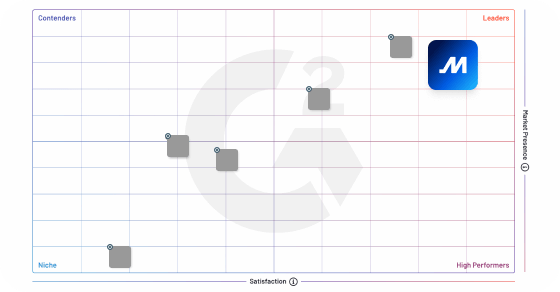A workover rig is a specialized drilling rig used in the oil and gas industry for performing workover operations on existing wells. Workover operations refer to a range of maintenance, repair, and remedial activities conducted to optimize or restore the productivity of a well.
Workover rigs are designed to handle various tasks, including:
– Well intervention. Workover rigs are used to access the wellbore for interventions such as removing debris or scale, cleaning out sand or other obstructions, or repairing damaged or malfunctioning downhole equipment.
– Completion changes. Workover rigs are employed to make changes or modifications to the well completion, which involves altering the configuration of the casing, tubing, and production equipment. This allows for adjustments to production zones, installation of new equipment, or optimizing the flow of fluids.
– Stimulation and enhancement. Workover rigs are utilized to stimulate the production of hydrocarbons by performing operations such as acidizing, fracturing, or re-perforating the reservoir. These techniques help increase the permeability of the formation and improve the flow of oil or gas into the wellbore.
– Plugging and abandonment. Workover rigs are involved in plugging and abandoning wells that have reached the end of their productive life or are no longer economically viable. This process requires the proper sealing and isolation of the well to prevent any potential environmental or safety risks.
Workover rigs are typically smaller and more mobile compared to drilling rigs. They can be truck-mounted, skid-mounted, or trailer-mounted, allowing for easier transportation between well locations. Workover crews, consisting of skilled operators and technicians, operate these rigs and perform the necessary tasks under the supervision of a wellsite supervisor.
Workover operations are conducted to maintain or enhance the productivity of existing wells, extend their lifespan, and maximize recovery from reservoirs. They play a vital role in the overall lifecycle management of oil and gas wells, ensuring optimal production and efficiency while minimizing downtime and costly interventions.
Frequently Asked Questions
What is a workover rig?
A workover rig is a device used to perform major maintenance or repair work on an oil or gas well. It is typically a mobile unit that can be transported to the well site and set up on location. Workover rigs are equipped with a variety of tools and equipment necessary for tasks such as drilling, casing, cementing, and well stimulation. The goal of a workover rig is to increase or restore production from the well.
What is the difference between a workover rig and a drilling rig?
A workover rig and a drilling rig are both types of equipment used in the oil and gas industry, but they serve different purposes. A drilling rig is primarily used to drill new wells, penetrating the earth’s surface to access underground reserves of oil or gas. In contrast, a workover rig is employed to perform maintenance, repairs, or modifications on existing wells. It is used to enhance production, restore well integrity, or perform well intervention operations.
What is a workover in oil and gas?
A workover in the oil and gas industry refers to the process of performing maintenance or remedial operations on an existing well to restore or enhance its productivity. This can include activities such as cleaning out the wellbore, repairing damaged components, or re-stimulating the reservoir to increase production. Workovers are typically conducted on wells that have experienced a decline in production or have encountered mechanical issues that require attention.
Is working on a workover rig hard?
Yes, working on a workover rig is hard. It requires physical stamina and endurance as workers have to operate heavy machinery, handle equipment, and carry out manual labor in harsh conditions. The work is often done in remote locations, with long hours and intense work schedules. Workers also have to follow strict safety protocols to prevent accidents and injuries. Overall, working on a workover rig requires a lot of hard work and dedication.



